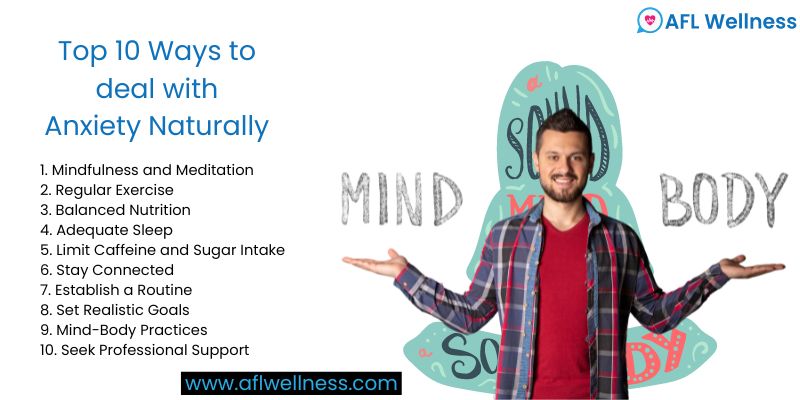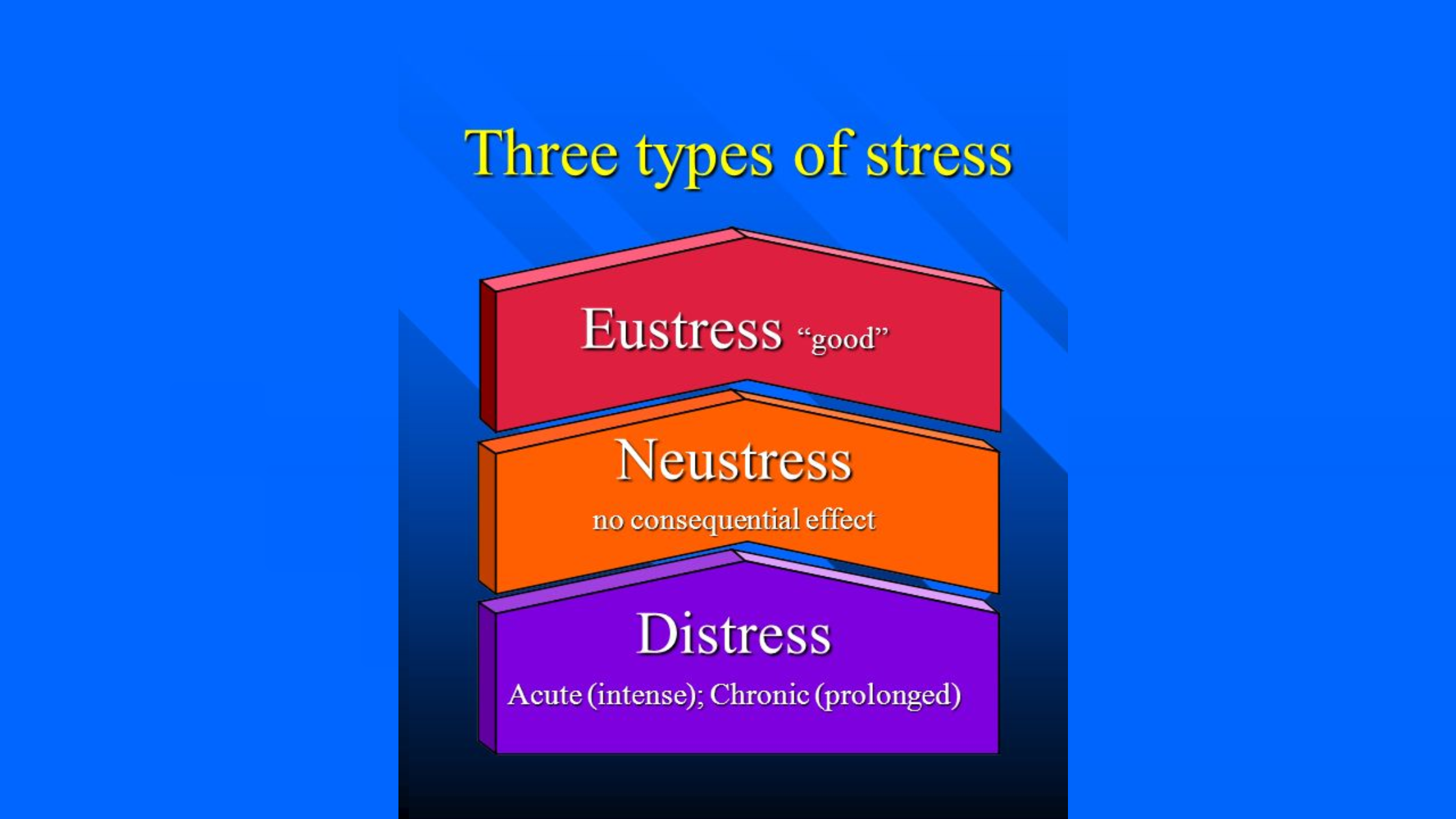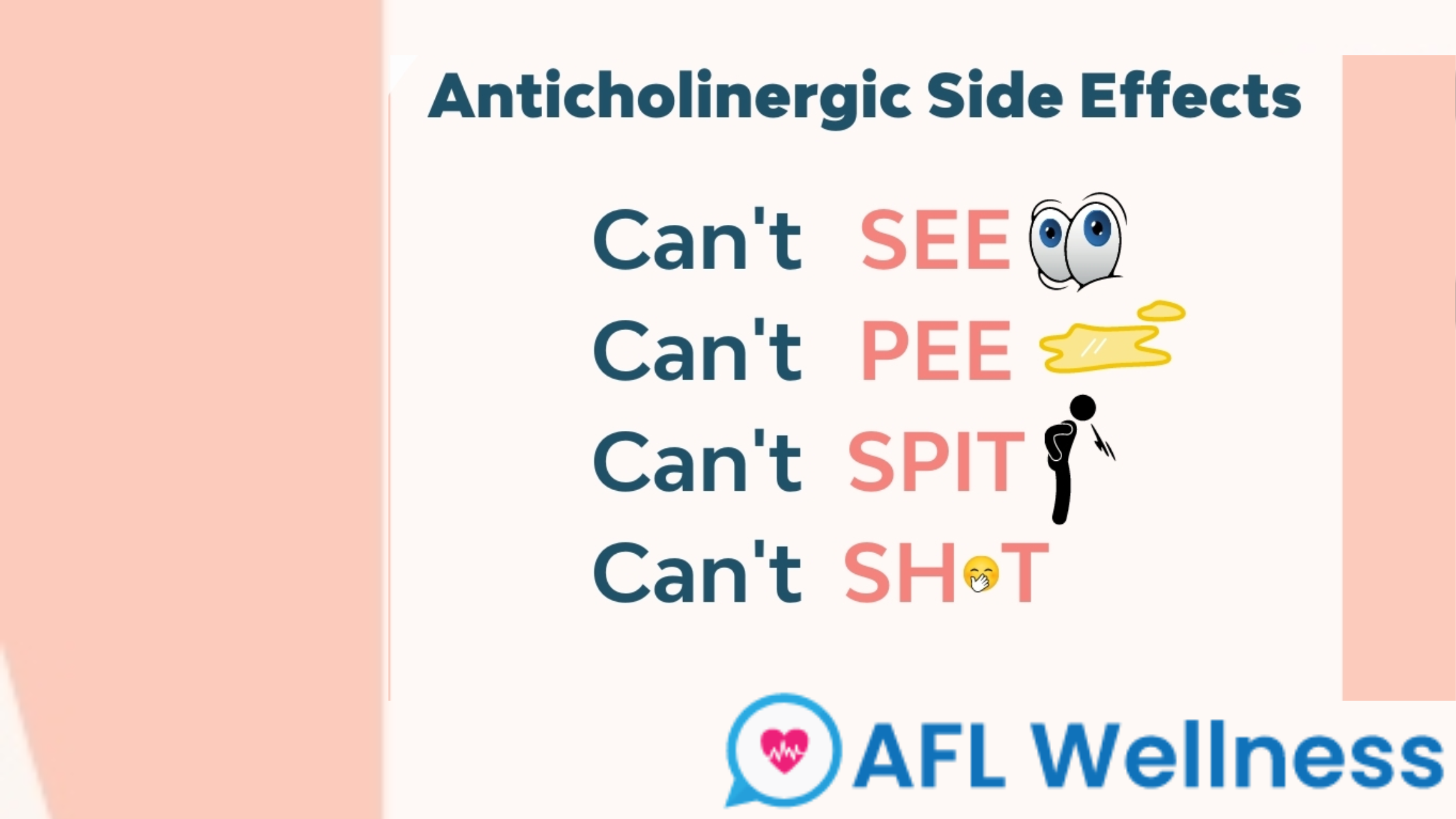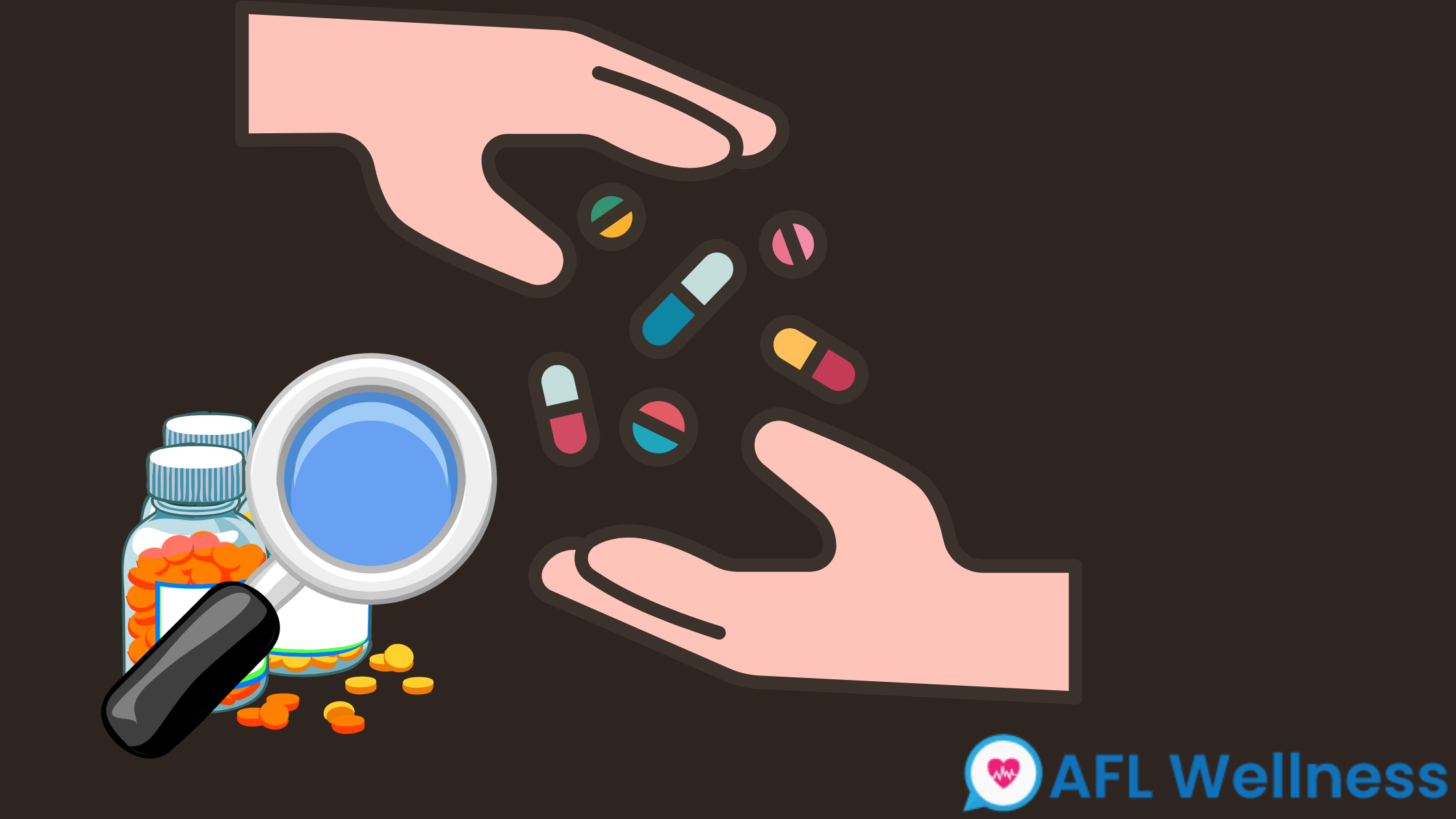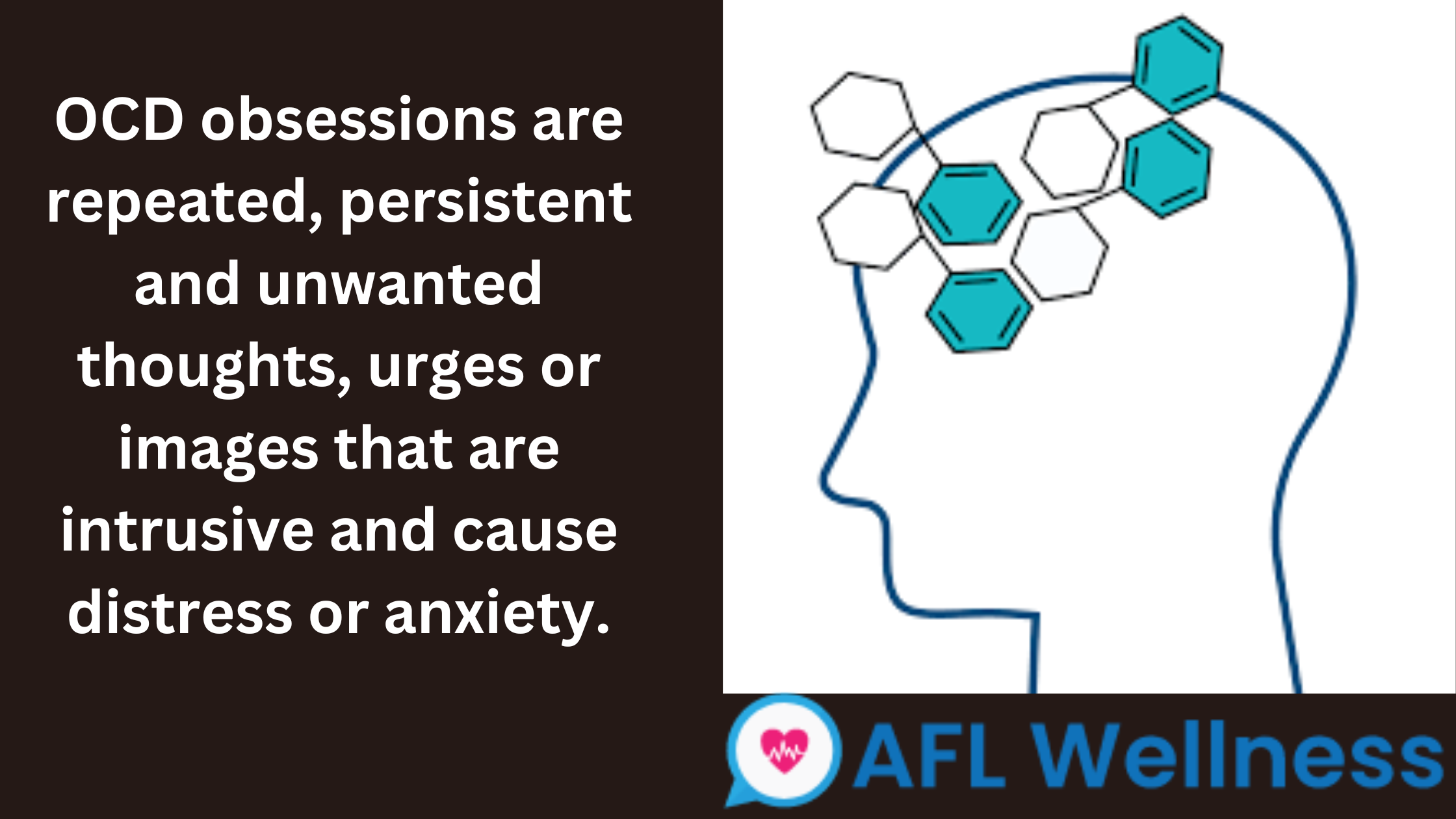
January 30, 2026
Obsessive Compulsive Disorder
Are you ware that OCD is a mental ailment marked by a persistent (chronic) feeling of anxiety. It keeps people caught in a never-ending loop of repetitive obsessions and compulsions.
Many individuals who do not have OCD have upsetting thoughts or repeated activities. These, however, rarely interfere with day-to-day existence. OCD patients have inflexible actions and intrusive, recurring thoughts. Lack of compliance with the behaviours frequently results in severe anguish and is frequently accompanied by a particular fear of serious repercussions (to oneself or loved ones). Many OCD sufferers are aware of or suspect that their obsessional ideas are unfounded; nonetheless, some may believe they are. People with OCD struggle to let go of their intrusive ideas or cease their compulsive behaviours, even when they are aware that they are unreal.
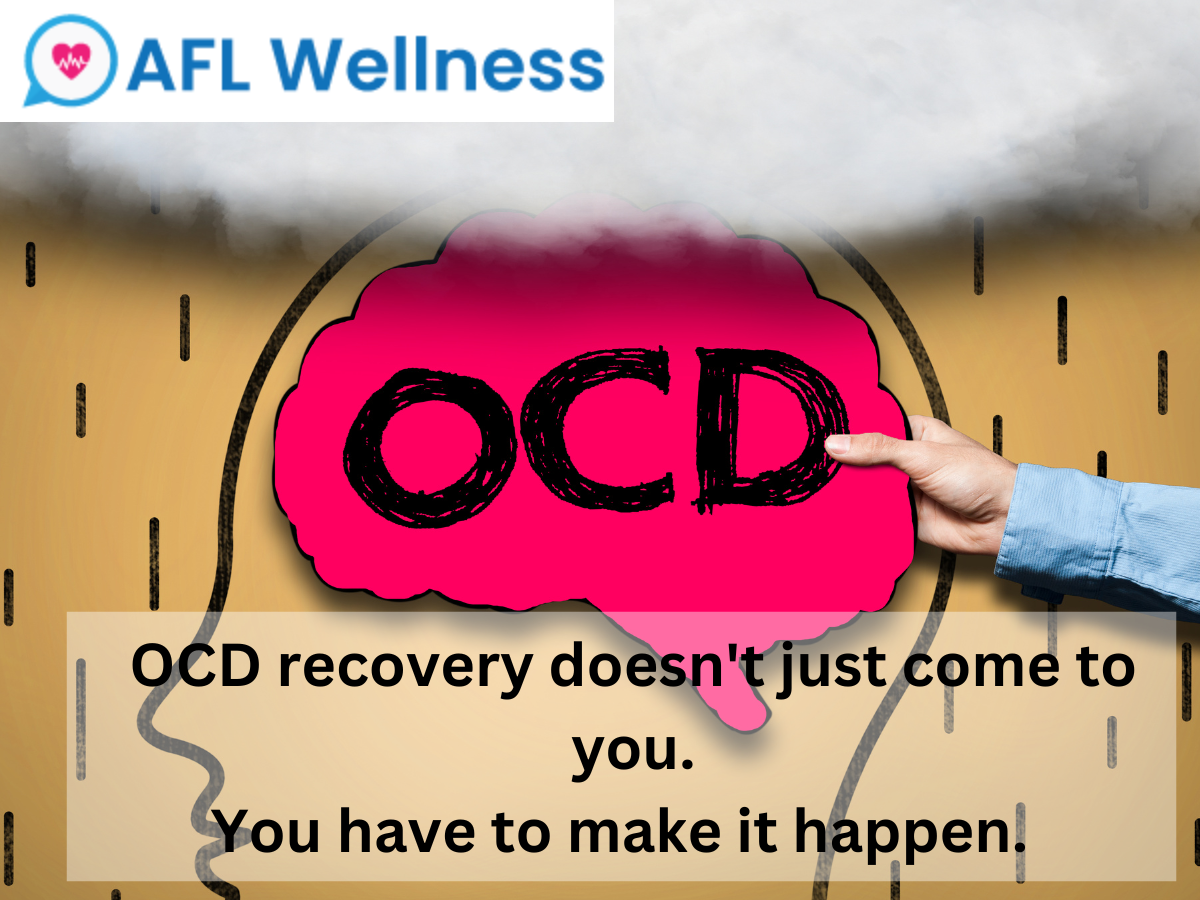
What is the cause of obsessive-compulsive disorder?
Basically, the OCD's actual cause is unknown to a science yet. A person may be more likely to experience an outbreak of OCD if certain conditions or circumstances exist.Listed below are some of the well-known causes.
- Changes in one's living environment, such as relocating, tying the knot or divorced, beginning a new school or job etc.
- Loss of a beloved one or another emotional tragedy.
- abuse history
- Illness (if you have the flu, for example, you may start a cycle of stressing about germs and washing constantly) (if you get the flu, for example, you may start a cycle of obsessing about germs and washing compulsively).
- Low amounts of serotonin, a brain chemical that helps to maintain mental equilibrium.
- Brain region overactivity.
- Issues at the job or school.
- Issues with a significant connection.
What signs and symptoms are present in obsessive-compulsive disorder?
OCD is characterised by compulsions and obsessions that interfere with daily tasks. Symptoms, for instance, could frequently make it difficult for you to get to work on time. Another possibility is that you struggle to prepare for bedtime adequately. OCD sufferers may be aware of their issues yet find it difficult to cease.
Typically, obsessions and compulsions are present in obsessive-compulsive disorder. Also, it's possible to have obsessive symptoms or compulsive symptoms merely. Your compulsions and obsessions might or may not be severe or unjustified, but they consume a lot of your time and prevent you from going about your everyday activities and functioning in social, academic, or professional settings.
●Obsessions associated with OCD:
People with OCD have severe and recurrent cravings or worries that they cannot control. These repetitive thoughts bring on extreme anxiety. Obsessions associated with OCD are intrusive, recurrent, and unwelcome thoughts, impulses, or pictures. By engaging in a compulsive habit or ritual, you could try to avoid them or even get rid of them. Usually, when you're attempting to think or do anything else, these obsessions interfere.
●OCD compulsions:
Those who have OCD use certain behaviours, rituals, or routines to manage their obsessions and anxieties. They keep doing this. They do not like engaging in these obsessive habits and do not want to. But many believe that if they don't follow along, their anxiousness will worsen. Compulsions, however, only provide short-term relief. The compulsions soon reappear in response to the obsessions. This loop causes this cycle of worry.
What Are the Four Major Forms of (OCD)?
Specific topics might be the subject of obsessions and compulsions. The majority of them, however, fall into one of the four groups listed below. Numerous subcategories of obsessive behaviours and ideas are possible. Additionally, you can have compulsions and obsessions that are not similar to those on the list below.
1. Pollution and cleaning
Obsessive worries about becoming sick and spreading the virus plague those with this kind of OCD. Their obsessions with cleanliness go well beyond the norm for hygiene practices and housekeeping.
2. Double-checking and distrust
OCD sufferers frequently have low self-esteem regarding their memory and judgement. Every sort of OCD revolves around doubt. However, some people find it difficult to question their view of reality. Additionally, they could dispute their recollection of the recent past.
An individual with this form of OCD could lock their door before leaving the house, but then immediately after getting into their automobile, they might worry if they really did. For many people, this can be a typical experience. However, a person with OCD might need to check back several times before believing the work is finished.
3. Placing and organising
This kind of OCD can cause a person to get obsessed with symmetry and order in their surroundings. This is distinct from taking pleasure in keeping your home tidy. The repetitive arrangement of the same things until they match a given standard can take hours off of a person who suffers from this kind of OCD.
4. Controversial or controversial ideas
People who suffer from this kind of OCD experience intrusive thoughts, whether they be sexual, violent, or forbidden in nature. Everybody occasionally has taboo or "unacceptable" thoughts. However, those who have OCD could find it more difficult to let these ideas go.
What distinguishes OCD from OCPD?
Do you know that living with a mental disorder might be very challenging when it comes to OCD and OCPD?unlike the similarities between the names of these two, they are not similar in nature. OCD is generally ruled by the thought of having an obsession which causes stress and anxiety and, for relief, forces an individual to use compulsion; in contrast, OCPD is ruled by details and perfection.
What are the Risk Factors that are associated with Compulsive Behaviour?
Various risk factors may encircle persons having signs of OCD. Do you know that Recovery from compulsive behaviour is not that easy; striving toward Recovery is as easy as anything, but one must try some risk factors to escape obsessive compulsion? So here are some of the risk factors.
- Try different lifestyles, move to a newer place and look for a new job, mental trauma and divorce.
- Death of a beloved one or other emotional trauma.
- If the History itself of mental abuse and mental trauma.
- Cleaning and washing hands obsessively to evade germs.
- Encountering situations at the workplace or while understanding or going to university.
What are Prevention measures taken for Obsessive Compulsive Disorder?
There’s no specific treatment for recovery from OCD; however, to make the situation worse, it is necessary to prevent this from further worsening and know the possible events required in treating mental disorders.
There are many rehabilitation centres in India, and one of the best in AFL wellness to treat OCD problems.
They offer many OCD mental illness services, such as anxiety disorder treatment and many other drug addictions. It is one of the outstanding help centres that conduct and comprehend the life of the patient and their relatives, encircled by many aspects connected to mental order. They furnish residential healthcare facilities, facilitate free counselling, and drive engagement campaigns. Also, deals with individuals suffering from symptoms of obsessive-compulsive solutions (OCD) and offers free counselling sessions to them.
So what are you waiting for? Get connected with physcratict and treat your OCD mental illness so that you can interact with your family and relative.

